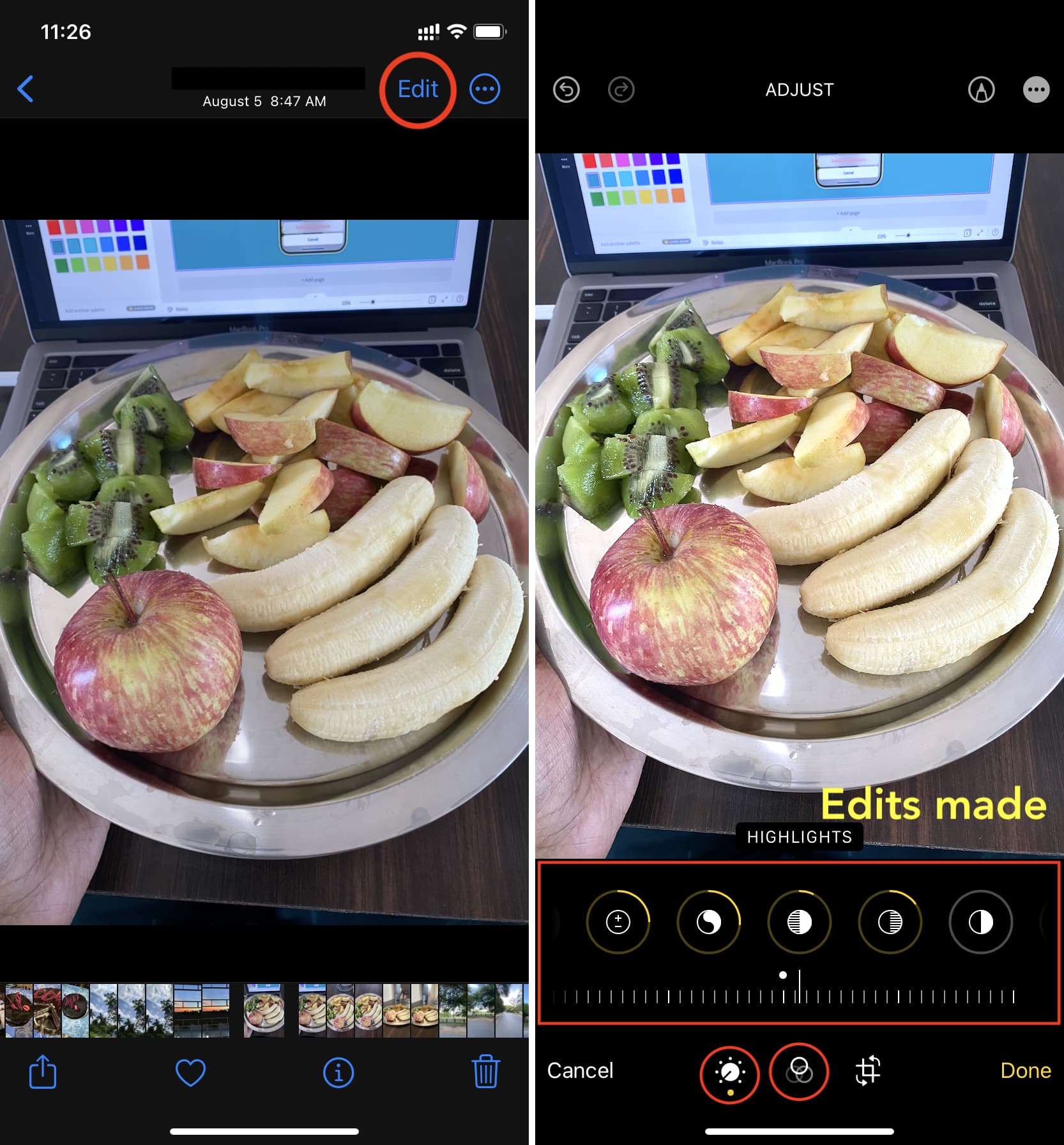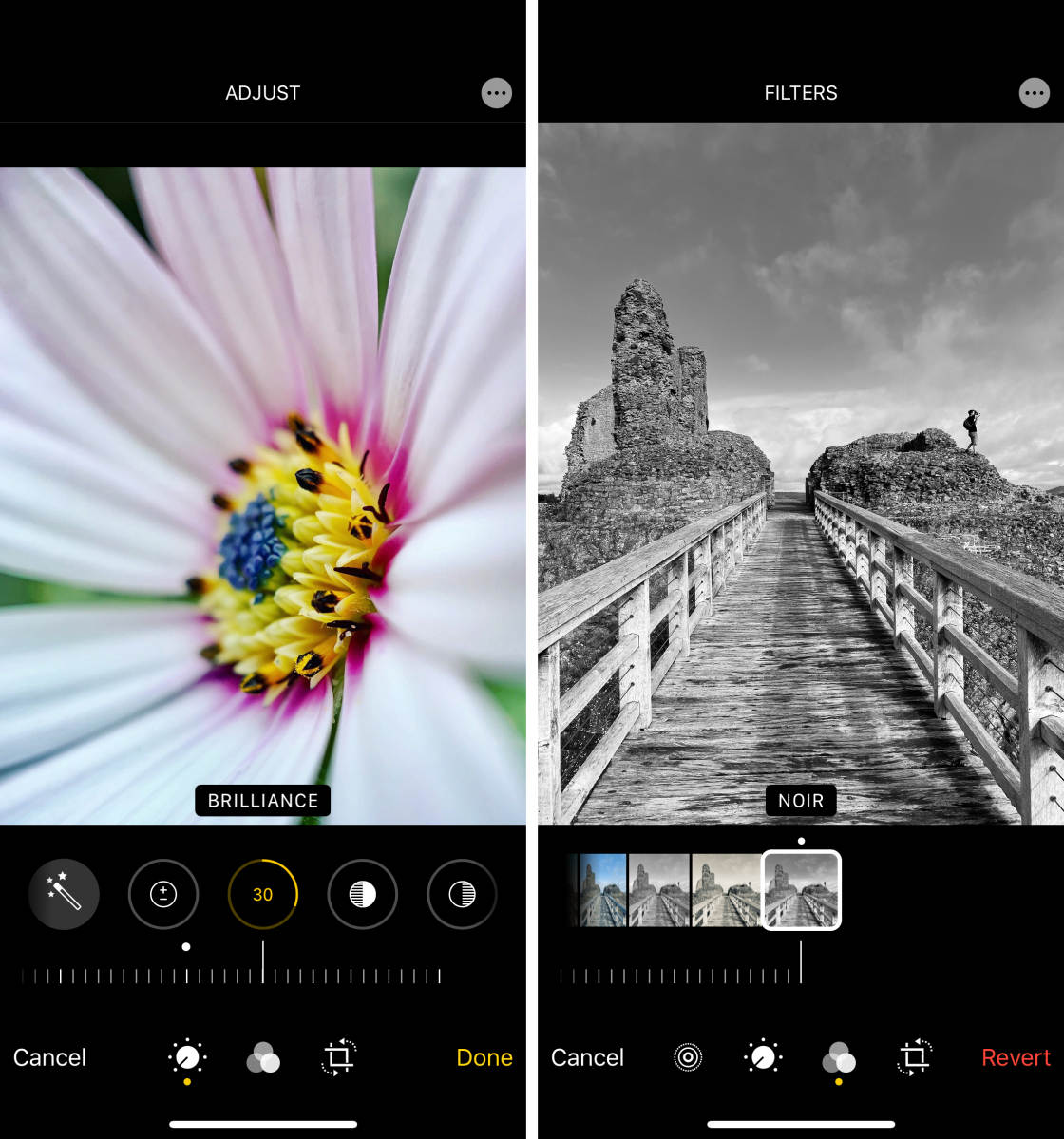How Do I Edit My Videos On My Phone

The smartphone has revolutionized video creation, putting high-quality recording capabilities in almost everyone's pocket. But capturing the perfect footage is only half the battle. Editing on the go is now a vital skill for content creators, social media enthusiasts, and anyone who wants to polish their videos before sharing.
This article provides a comprehensive guide on how to edit videos directly on your smartphone, exploring the best apps, basic editing techniques, and tips for creating professional-looking content. Whether you're aiming for a polished vlog or a quick social media post, mobile video editing offers unparalleled convenience and flexibility.
Choosing the Right App
The app store landscape is crowded with video editing apps, ranging from free and simple to subscription-based with advanced features. Choosing the right one depends on your editing needs and budget.
iMovie, pre-installed on iOS devices, is a powerful and user-friendly option for beginners.
It offers basic trimming, transitions, titles, and even audio editing capabilities.
Android users have a plethora of choices. PowerDirector and KineMaster are popular apps offering multi-track editing, visual effects, and advanced features suitable for more complex projects.
For quick edits and social media-centric content, apps like CapCut and InShot are great choices. They provide easy-to-use tools, trendy filters, and direct export options to platforms like TikTok and Instagram.
Basic Editing Techniques
Regardless of the app you choose, the fundamental editing techniques remain the same. Mastering these basics will significantly improve the quality of your videos.
Trimming and Cutting
Trimming is the most basic and essential editing skill. It involves removing unwanted footage from the beginning or end of a clip.
Most apps offer a simple drag-and-drop interface to adjust the start and end points of your videos. Cutting involves splitting a clip into two or more segments to remove unwanted sections in the middle.
Adding Transitions
Transitions smooth out the changes between clips, creating a more professional and visually appealing flow. Common transitions include fades, dissolves, wipes, and cuts.
Experiment with different transitions to find what works best for your video style. Avoid overusing flashy or distracting transitions, as they can detract from the content itself.
Adding Text and Titles
Text and titles provide context, highlight key information, and add visual interest to your videos. Most apps offer a variety of font styles, colors, and animations to customize your text.
Keep your text concise and easy to read. Position titles strategically on the screen, ensuring they don't obscure important visuals.
Audio Editing
Audio is just as important as video. Editing the audio involves adjusting volume levels, adding background music, and removing unwanted noise.
Consider using royalty-free music from libraries within the editing apps or from external sources. Balance the volume of the background music with the spoken audio to ensure clear narration.
Tips for Professional-Looking Videos
Beyond the basics, there are a few key strategies that can elevate your mobile video editing and produce professional-quality results.
Plan your video before you start shooting. A clear storyboard or outline will streamline the editing process and ensure a cohesive final product.
Use a tripod or stabilizer to ensure steady footage. Shaky video can be distracting and unprofessional.
Pay attention to lighting. Good lighting is essential for capturing clear and vibrant footage. Shoot in natural light whenever possible, or use artificial lighting to supplement.
Export your video in the highest possible resolution. This will ensure that your video looks sharp and clear on all devices.
Mobile video editing has transformed how we create and share content. With the right apps, techniques, and a little practice, anyone can produce high-quality videos directly on their phone, unlocking a world of creative possibilities.


















